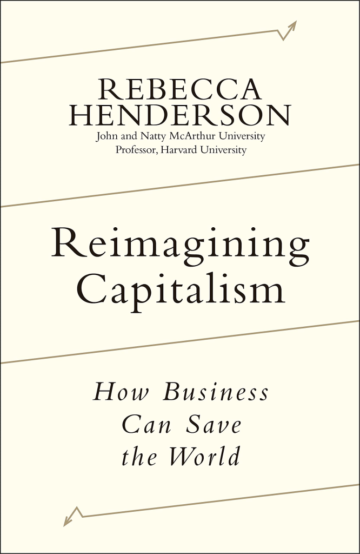
Retail investors are the backbone of equity crowdfunding. Yet, they lack adequate protection in the market. This is why the Financial Conduct Authority, the British regulatory body for the financial markets, included it within the high risk forms of investments along with mini-bonds, unregulated collective investment schemes (UCIS), some structured products, derivatives and Contracts for Difference (CFDs), Venture Capital Trusts (VCTs), exchange tokens or cryptocurrencies (e.g. Bitcoin) and peer-to-peer lending, to prevent consumer harm.
This is of particular relevance nowadays amid a pandemic as many consumers found their finances under pressure as a result of coronavirus lockdowns and restrictions.
Sheldon Mills, Executive Director, Consumers and Competition said:
“The UK has one of the world’s leading financial services industries, offering consumers access to a wide range of investment products. In some areas however, the consumer investment market is not working as well as it should and too often consumers are offered unsuitable products or advice. Protecting consumers and ensuring they have confidence in the suitability of advice they receive is a key priority for the FCA and today’s report highlights some of the work we are undertaking to achieve this. Incorrect or out of date permissions increase the risk of harm to consumers as they can mislead consumers about the level of protection offered or give credibility to unregulated activities. This is why we’re today calling on firms to review their permissions and ensure they reflect current business models. We will take action where we consider out of date permissions may cause harm to consumers. The message is clear, use it or lose it.”
Their “research shows that consumers, particularly the more vulnerable, are less likely to understand the risks, read the small print and don’t know what to do when things go wrong.”
The point of concern is related to the fact that “higher risk investments may be suitable for consumers who understand the risks and can absorb any potential losses. Overall, though, most retail investors’ needs can and should be met by straightforward, mass-market investments.”
This is why, the FCA claims, “We aim to deliver a consumer investment market that works well for the millions of people who stand to benefit from it and the businesses for which it provides essential funding (…) by ensuring that all regulated firms and individuals meet our minimum standards.”
During the first ten months of 2020, the FCA:
- stopped applications for authorisation from 343 financial services firms and individuals, where the potential for consumer harm was identified – almost one in ten applications
- opened over 1,500 supervisory cases involving scams or higher risk investments
- received over 24,000 reports of unauthorised activity and published over 1,000 consumer alerts – an 82% increase on the previous year
The FCA also takes action against firms found to have caused consumer harm. This includes:
- pursuing 47 enforcement investigations against unauthorised businesses in 2020, securing almost £6m to be returned to consumers and obtaining court orders ordering that over £14m be returned to consumers which the FCA will take steps to recover
- issuing fines totalling more than £80m to regulated firms and individuals over the course of 2019 and 2020.
To reduce the risk of harm to consumers, the FCA is also calling upon financial services firms to use all of their regulatory permissions. A firm’s business model may evolve over time. When it does, it’s crucial that firms notify the FCA and amend regulatory permissions as necessary. Firms that don’t risk losing market access. Outdated or incorrect permissions can mislead consumers about the level of protection offered or give credibility to unregulated activities.
Find out more here.
Source: https://thisisoliver.co/2021/01/21/fca-to-shield-vulnerable-retail-investors/
- access
- Action
- activities
- advice
- applications
- Bitcoin
- body
- British
- business
- business model
- businesses
- capital
- cases
- Cause
- caused
- claims
- competition
- confidence
- consumer
- Consumers
- contracts
- Coronavirus
- Court
- Crowdfunding
- cryptocurrencies
- Current
- Derivatives
- Director
- equity
- exchange
- executive
- Executive Director
- FCA
- Finances
- financial
- financial services
- First
- For Consumers
- funding
- High
- HTTPS
- Increase
- industries
- investment
- Investments
- Investors
- IT
- Key
- leading
- lending
- Level
- lockdowns
- Market
- Markets
- model
- months
- offering
- orders
- pandemic
- People
- pressure
- Products
- protection
- range
- reduce
- report
- Reports
- retail
- Retail Investors
- review
- Risk
- scams
- Services
- small
- standards
- time
- Tokens
- Uk
- venture
- Vulnerable
- WHO
- within
- WordPress
- Work
- works












